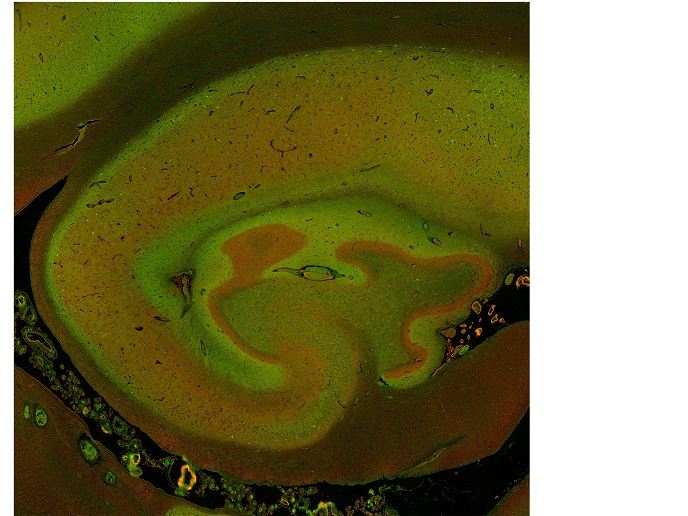IVF children get clean bill of health
One of the newly available technologies, Intracytoplasmic sperm injection (ICSI) deals with male factor infertility. The method involves the injection of a single sperm into a mature egg; the egg(s) are then implanted into the uterus. ICSI is now used in over 750 sites across Europe. In spite of the hope that ICSI brings to infertile couples, there are issues involved with its long-term safety. Given that the quality of sperm used to fertilise the egg during ICSI and under normal circumstances could vary dramatically, there are questions surrounding the impact of sperm quality on child's health and development. The EU's ICSI-CFO project aimed to ascertain the long-term impact of ICSI on familial and children's health. A total of 1523 children were assessed in the UK, Belgium, Sweden, Denmark and Greece. The study showed that there are no effects associated with the ICSI technique, and that the children were indeed healthy. The researchers intend a follow-up of this study by continuing to investigate these children as they enter adulthood. Therefore providing support to this strand of research is likely to yield important information regarding IVF treatments and their potential.







